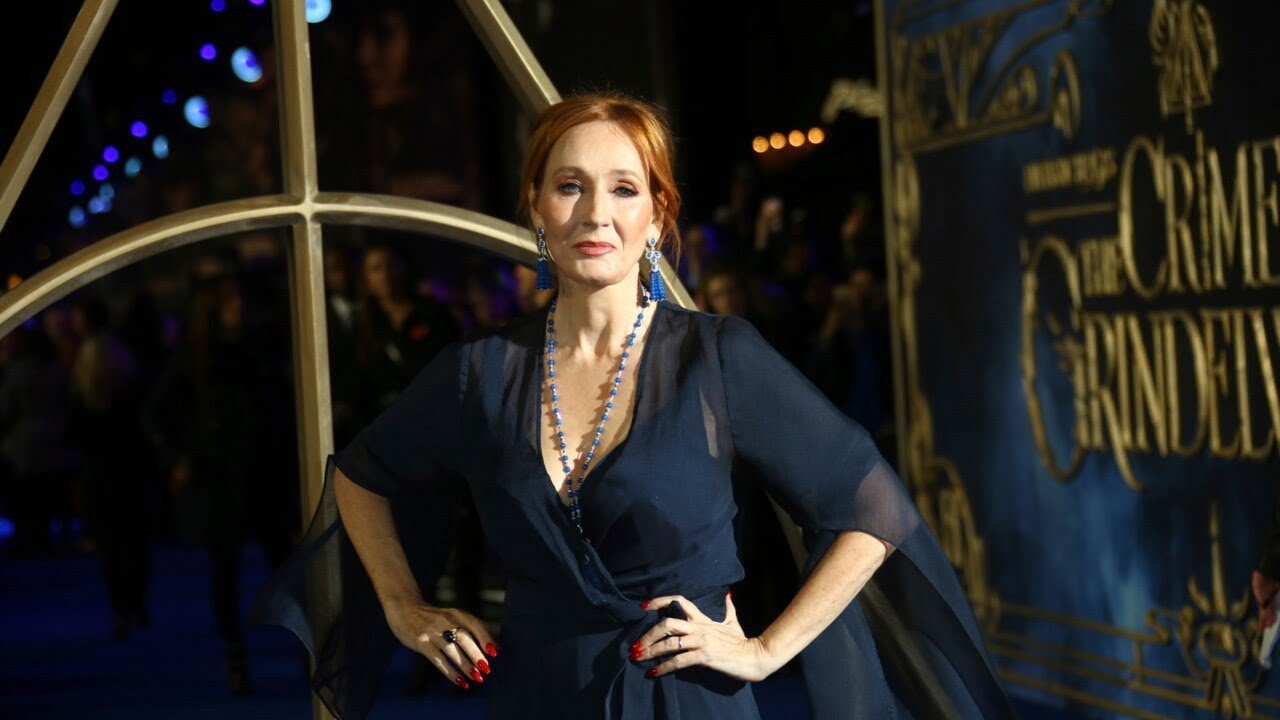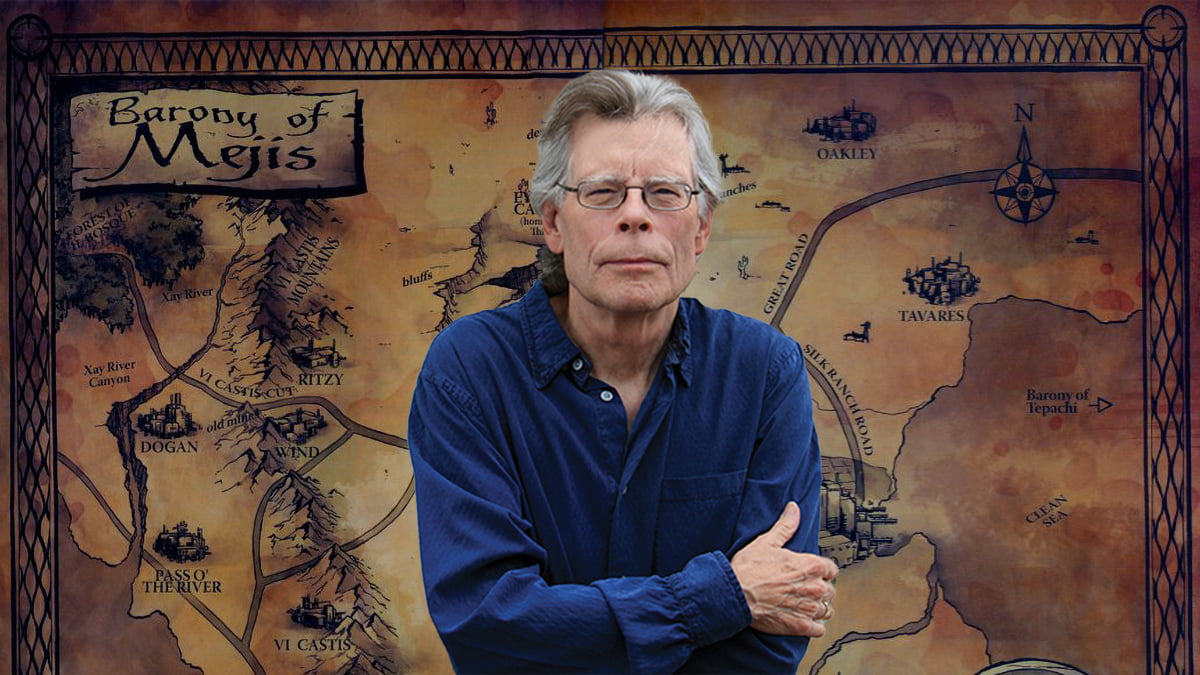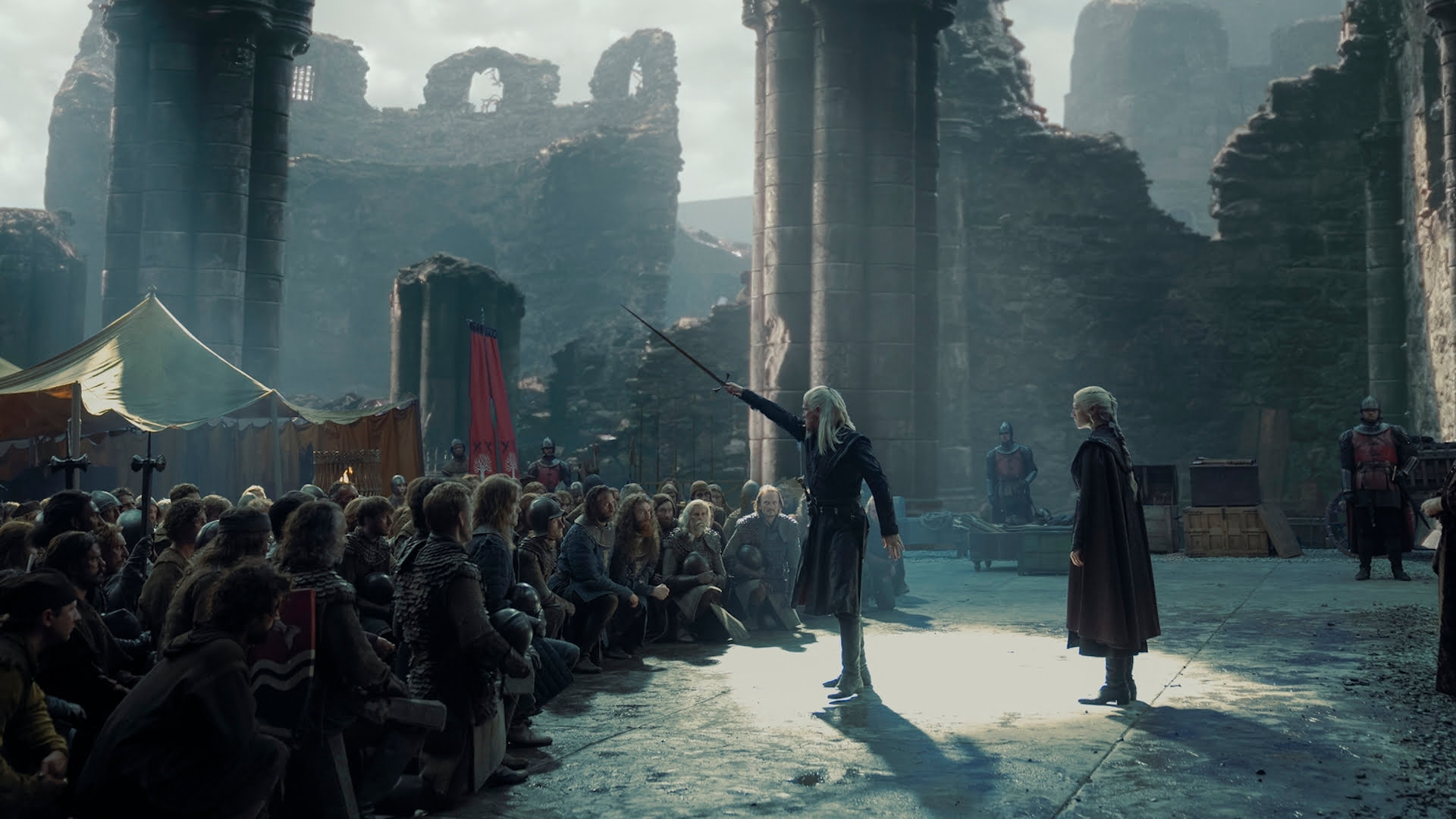On Sunday, The BBC ran a story about British author Terry Pratchett’s comments about J.K. Rowling. He has now gone on the record publicly about those comments:
(from the alt.fan.harry-potter newsgroup)
Let’s take it a bit at a time. You know what I wrote, because I think the entire text has been quoted here somewhere. No, in fact not the *entire* text–the original letter sent to the Sunday Times referred to JKR quite politely as Ms Rowling; a small courtesy, but deleting it makes the relevant sentence twice as harsh, which may be why it was done.
And the BBC website put a nice little spin on thing on things with a headline suggesting I’m directing a tirade at J K Rowling, rather than expressing annoyance at the habits of journalists and specifically one telling phrase* clearly used by someone else*.
As soon as the Harry Potter boom began, journalists who hadn’t read a children’s book in years went “Wow, a wizards’school! Wow, broomstick lessons! ” and so on, and generally acted as though the common property of the genre was the entire invention of JKR. This continues, sometimes quite ridiculously. And now we have Groomsman’s ‘knights and ladies Morris dancing to Greensleeves’ With such an easy wave we can dismiss, oh, Ursula leGuin, Diana Wynn Jones, Jane Yolen, Peter Dickinson Alan Garner…fill in the list.
Pointing this out is, apparently, an attack on JKR. I don’t have any problem at all with her rise, only with such third-party silliness such as the above, which insults good authors who wrote great books at a time, not long ago, when advances were always low and hype was unknown.
No, I do not think these words originated with her. It’s self-evident in the article that they are the voice of the interviewer, who is very . visible in the piece. The tone and presentation make it obvious. Read the paragraph beginning ‘It is precisely Rowling’s lack of sentimentality…’ He’s giving us *his* opinion, and the guy just had a nice line he wanted to use. Read the context and say I’m wrong.
And remember: what I was doing was apparently the right of every Englishman, which was to write a letter to The Times — for an audience that can be assumed to have read, with some intelligence, the article in question. Believe me, if the ST guys had read it as an attack on the lady herself, it would have been an article, not a letter.
But out there now, I believe, are various morphs of the BBC piece, with extra venom. You don’t have to think about it, just react. ‘Pratchett Attacks Journalist’ just would not be as much fun. Every story needs a villain, right?
And then there’s my question. Why didn’t the interviewer ask it? Here’s the worlds best-selling fantasy writer who has just said she hadn’t thought she was writing fantasy and also that she doesn’t really like the stuff. She goes on to say that she didn’t finish TLOTR or the Narnia series and has issues with Lewis. No problem there, but all this revelatory stuff just floated past, apparently unexamined. Id like to know how an author can write in a genre she doesn’t like– really. I’d like to know what she thinks she *is* writing.
I’m jealous? Well, that saves having to have any discussion at all, right?
But I will pick up on the comments about Tiffany Aching and ‘the school for witches’. As he Discworld take on Witch v. Wizard magic has been in place for a very long time. Tiffany’s daydream of a magical school’ *could *be Hogwarts –or Unseen University or Miss Cackle’s Academy or any fantasy school or all or none. It might even be five seconds of Tiffany’s wishful thinking. So what? Granny Weatherwax’s often voiced distrust of books, magical tools goes all the way back to ‘Equal Rites’ in 1987. Why should she suddenly be talking about another author’s creations?
— Terry Pratchett






